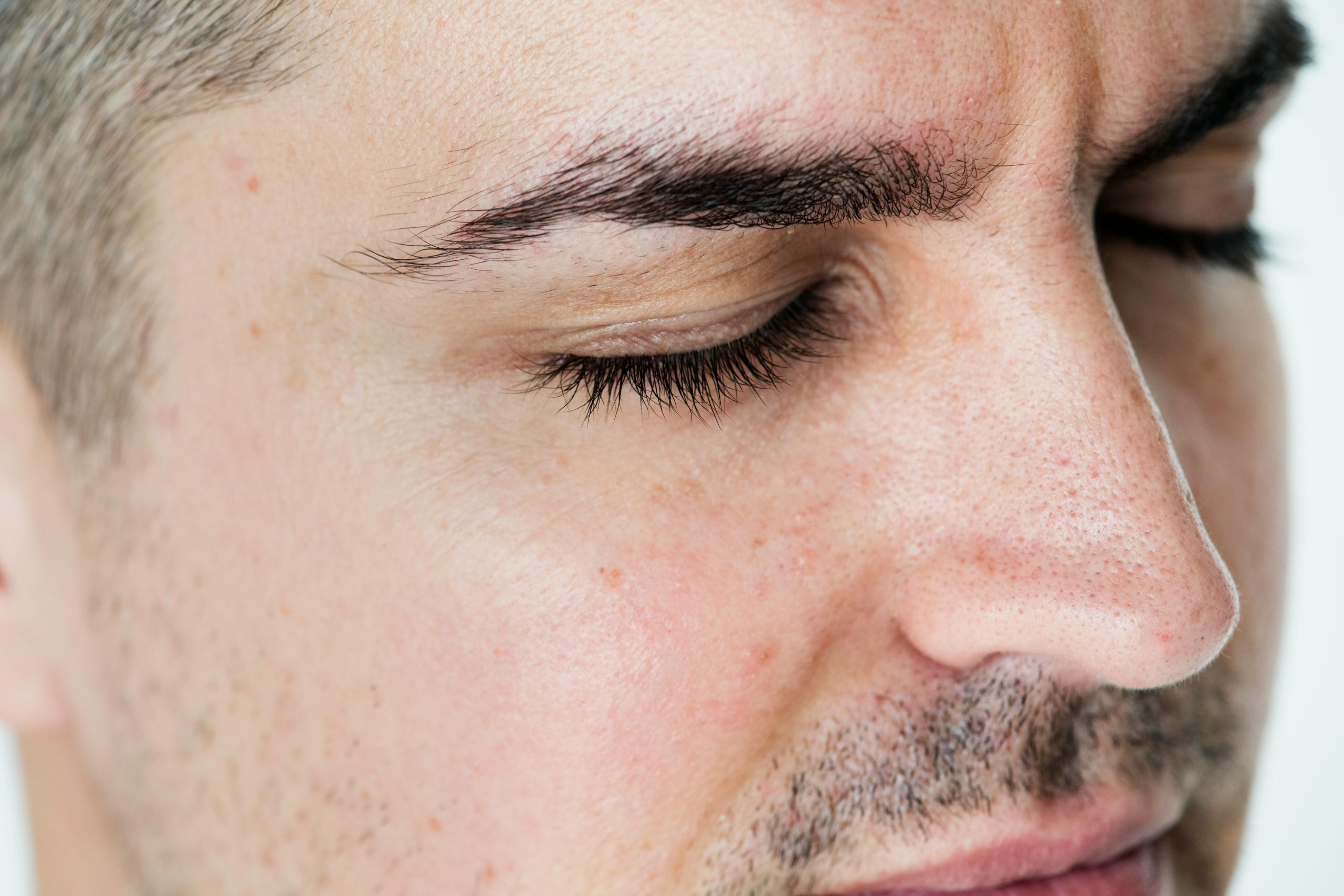Written by the Happiness 360 Editorial Team
Photo by Curated Lifestyle
A Case for Mindfulness in Recovery
Addiction doesn’t come with a single face. It shows up in many forms: substance use, compulsive behaviors, emotional numbness, or the endless cycle of chasing something external to fill the internal void. The struggle is real, and often, it’s not just the behavior—it’s the patterns that reinforce it. Burnout, stress, and overwhelming emotions all feed into addiction, making it harder to break free.
Mindfulness offers a practical solution—an active way of becoming present and aware in the face of these challenges. It’s about reconnecting with ourselves, stepping out of the cycle of addiction, and choosing a new path forward—one step at a time.
Recovery requires more than willpower. It requires a shift in how we relate to ourselves, our emotions, and the world around us. Mindfulness is the bridge to true healing: It’s about reconnecting to the moment, cultivating presence, and restoring balance where addiction once held power.
1. Focus on the Present Moment: Releasing the Hold of Past and Future
Addiction thrives when we are lost in regret over the past or fear of the future. Mindfulness is the practice of coming back to the present moment—the only place where we have the power to make a change.
Science: Research on mindfulness-based interventions (MBIs) has demonstrated their efficacy in addiction treatment. Studies from the American Psychological Association (APA) show that mindfulness practices can reduce cravings and emotional reactivity, which are key triggers for relapse.
Global Wisdom: In Buddhist teachings, mindfulness is rooted in the concept of impermanence, where we learn to accept the moment as it is. By focusing on the present, we break free from the pull of past regrets and future worries.
Actionable Practice:
When you feel the urge to numb out or react, take a moment to ground yourself. Focus on your surroundings: the way your feet feel on the ground, the air moving in and out of your lungs, or the textures around you. This brings you back to the present, where real transformation begins.
2. Observe Your Breath: Calming Your Mind and Body
Our breath holds incredible power in the recovery process. When overwhelmed by stress or emotional triggers, our breath becomes shallow, speeding up the fight-or-flight response. Mindful breathing helps us reconnect with calmness, breaking the cycle of anxiety and addiction.
Science: Studies in neuroscience show that deep, mindful breathing activates the parasympathetic nervous system, which reduces stress and restores emotional balance. Research published in Frontiers in Psychology demonstrates that breath-focused practices lower cortisol levels, making them essential in reducing the emotional triggers that lead to addiction.
Global Wisdom: In Ayurveda, Pranayama (breath control) is viewed as a way to regulate the mind and balance energy. In Ayurveda, it is believed that breath control is essential for restoring mental clarity and emotional stability—critical for anyone in recovery.
Actionable Practice:
Pause for a moment and take a deep, slow breath. Inhale for a count of 4, hold for 4, and exhale slowly for 6. Feel the air filling your body, expanding your chest, and releasing the tension with each exhale. Even a few moments of focused breathing can shift your emotional state and prevent old patterns from taking over.
3. Sitting with Discomfort: Learning to Respond, Not React
One of the biggest challenges in recovery is facing discomfort—emotional pain, anxiety, or fear. But what if the key to breaking addiction was learning to sit with discomfort rather than running from it? Mindfulness teaches us that unpleasant emotions are not dangerous; they are simply part of the human experience.
Science: Research shows that mindfulness can help dampen emotional reactivity. A study published in Psychiatry Research found that mindfulness training improves emotion regulation, allowing participants to experience discomfort without reacting impulsively.
Global Wisdom: In Taoism, the practice of Wu Wei (effortless action) encourages us to flow with life, embracing challenges as they arise. Rather than resisting discomfort, we learn to navigate it, cultivating resilience in the process.
Actionable Practice:
The next time discomfort arises, pause and breathe. Instead of avoiding the feeling, simply observe it. Where do you feel it in your body? What thoughts or judgments are attached to it? Allow it to exist without acting on it. The more we practice, the easier it becomes to make peace with discomfort.
4. Understanding Your Triggers: Taking Control of Your Emotional Responses
Addiction is often triggered by emotional distress—whether it’s anxiety, stress, or feelings of inadequacy. But understanding our emotional triggers is the first step toward reducing their power.
Science: Mindfulness-based cognitive therapy (MBCT) has been shown to reduce relapse in individuals with addiction by helping them recognize emotional triggers before they spiral out of control. Studies have demonstrated that mindfulness improves self-awareness, allowing individuals to interrupt the automatic cycle of addiction.
Global Wisdom: In Indigenous healing practices, the act of self-reflection and inner listening is central to healing. These traditions teach us that awareness is the key to transformation—once we recognize a pattern, we can begin to choose a different response.
Actionable Practice:
Identify and write down your triggers—the situations, people, or emotions that lead you to old habits. When you feel triggered, pause and check in with yourself. Are you physically hungry? Emotionally drained? Simply noticing the trigger gives you the opportunity to choose a response before slipping into old patterns.
Conclusion: Reclaiming Your Power Through Mindfulness
Addiction is a pattern of disconnection, but mindfulness offers a way to reconnect. By becoming more aware of our thoughts, emotions, and behaviors, we gain the power to choose differently. Mindfulness is not a quick fix, but a practice—one that grows stronger each time we choose to stay present, face discomfort, and break the cycles that no longer serve us.
Incorporating mindfulness into your daily routine is the first step toward breaking free from the patterns of addiction. It’s about showing up for yourself, even in the toughest moments, and learning to respond with awareness, not reaction. The journey may not be easy, but with mindfulness, it becomes possible.
About the Happiness 360 Editorial Team:
The H360 Editorial Team features global writers and experts across disciplines, creating content that expands thinking across the five intelligences of Fearless Listening®: emotional, spiritual, physical, generational, and strategic—in order to support deeper self-awareness, self-actualization, and more aligned decision-making. [Learn more]
Disclaimer: This content is for informational purposes only and is not intended as medical or fitness advice. Consult qualified exercise professionals and healthcare providers before starting any new exercise program, especially if you have health conditions or injuries. Read our full disclaimer →






















0 Comments for “Mindfulness for Recovery: Transforming Addiction with Science and Global Wisdom”